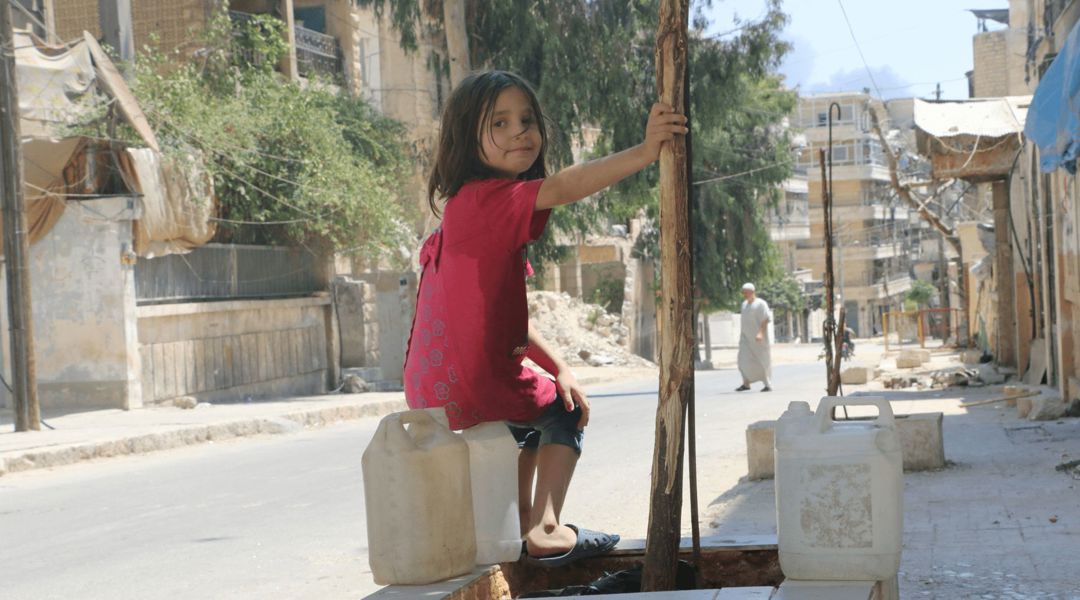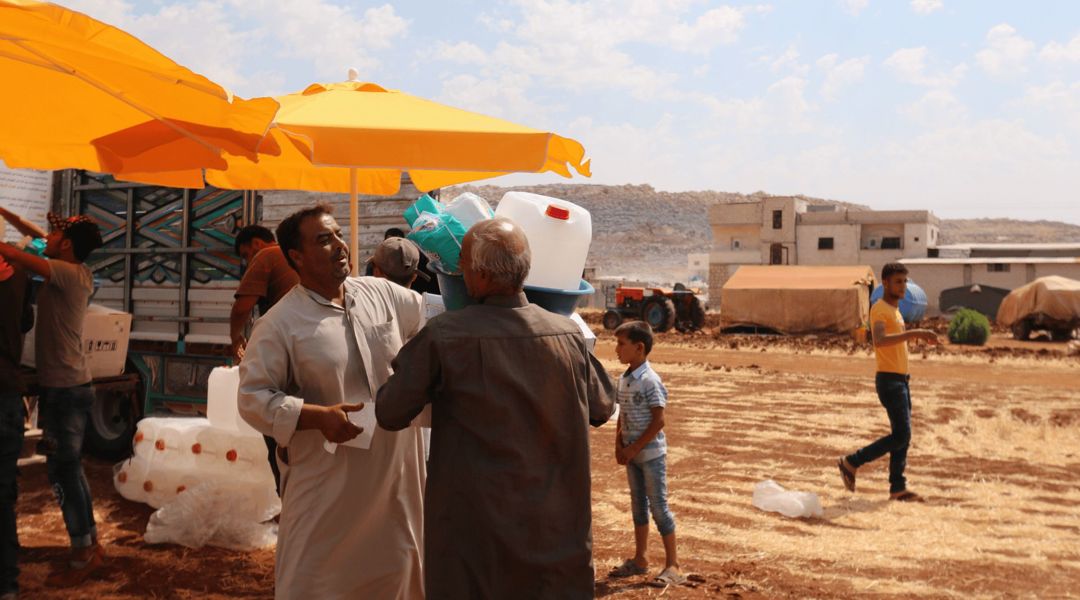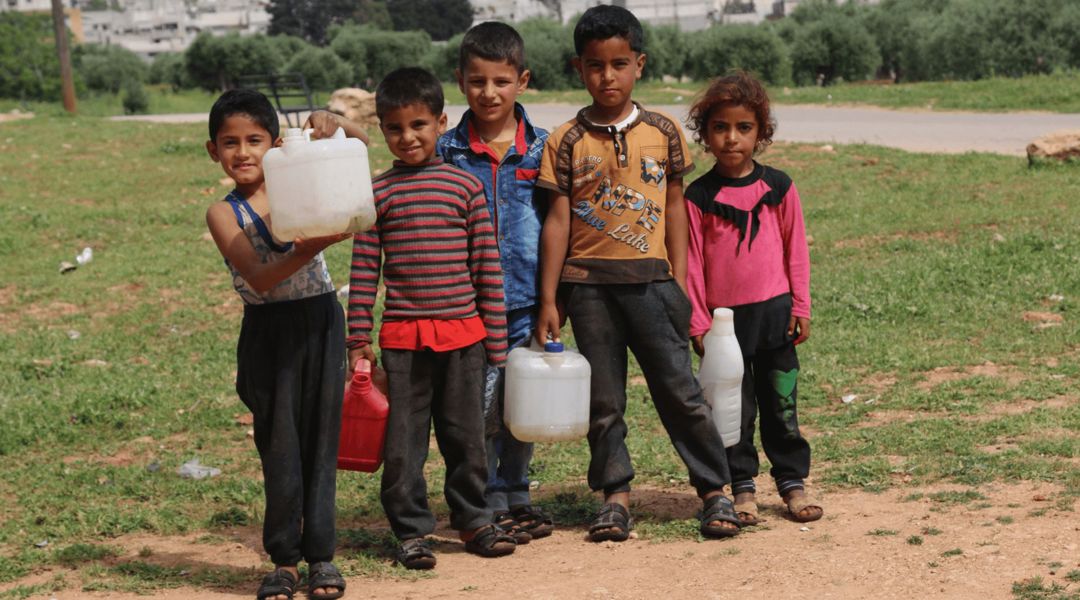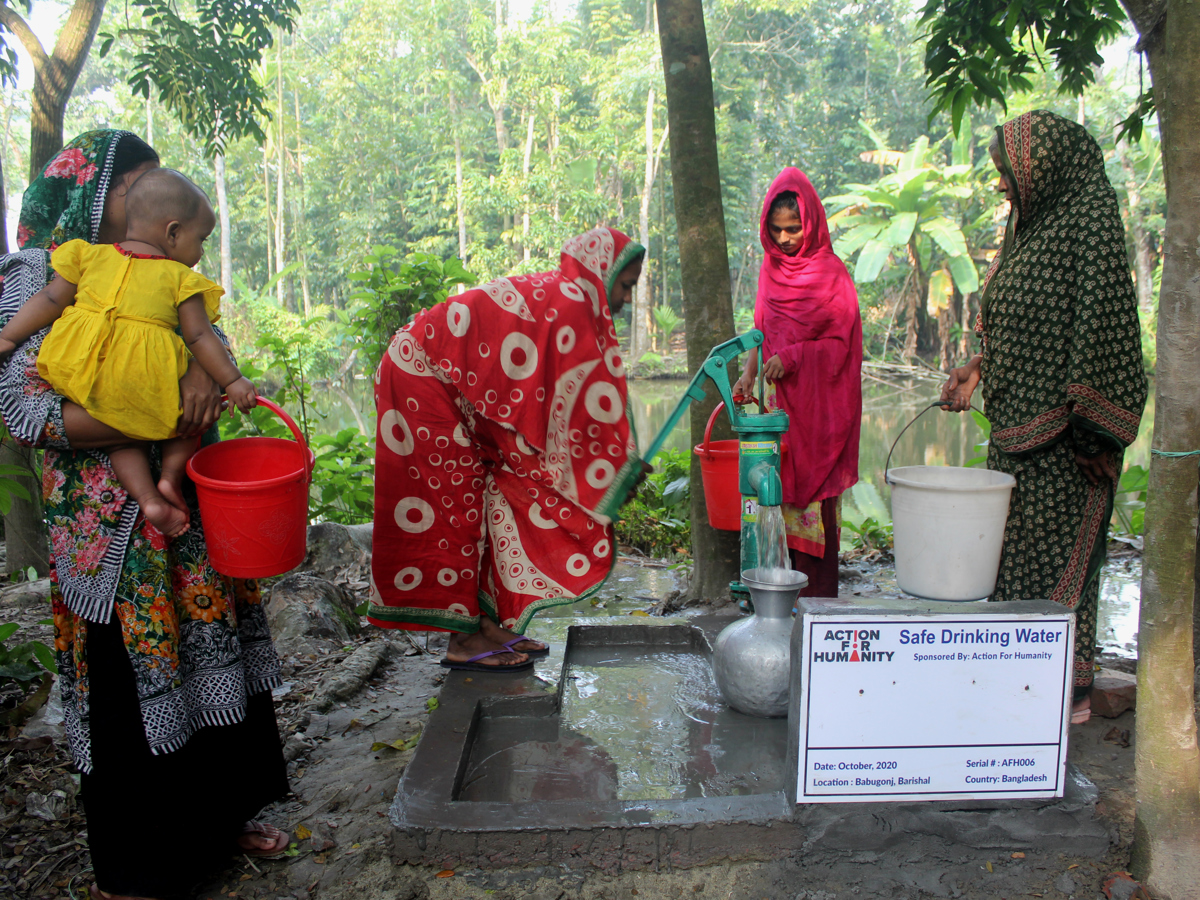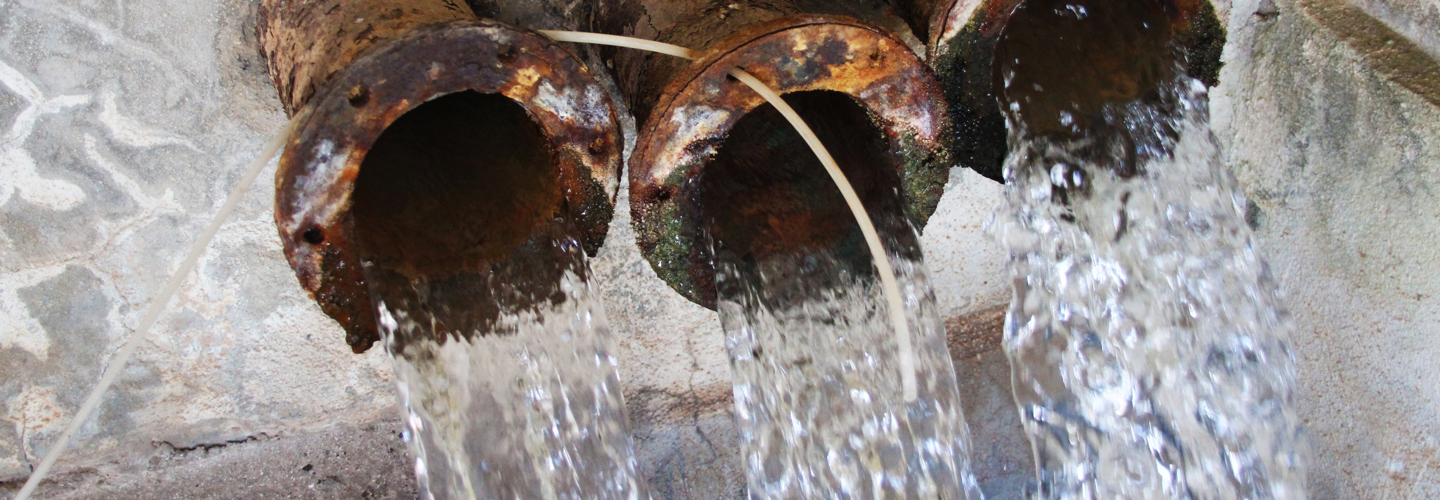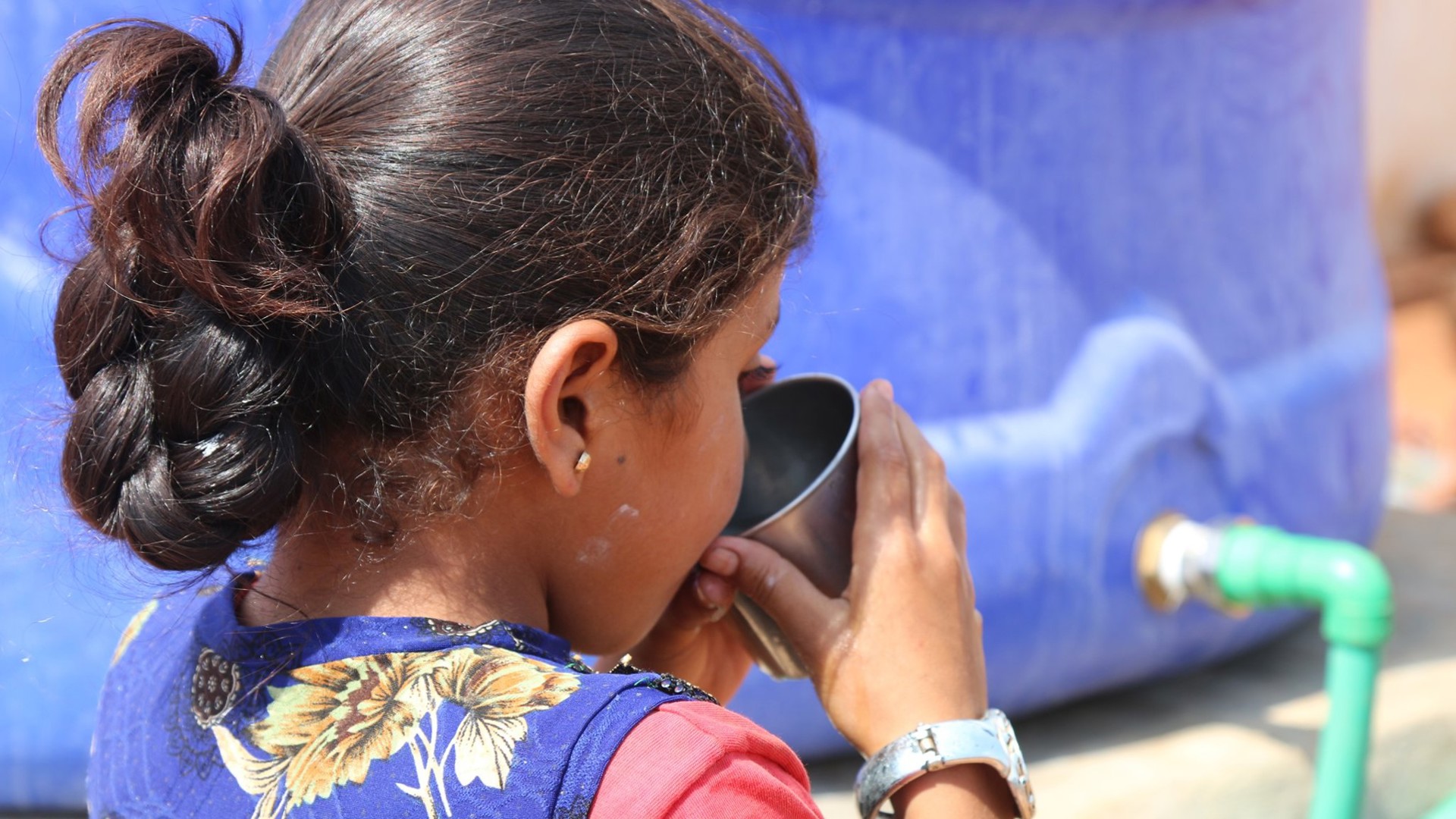
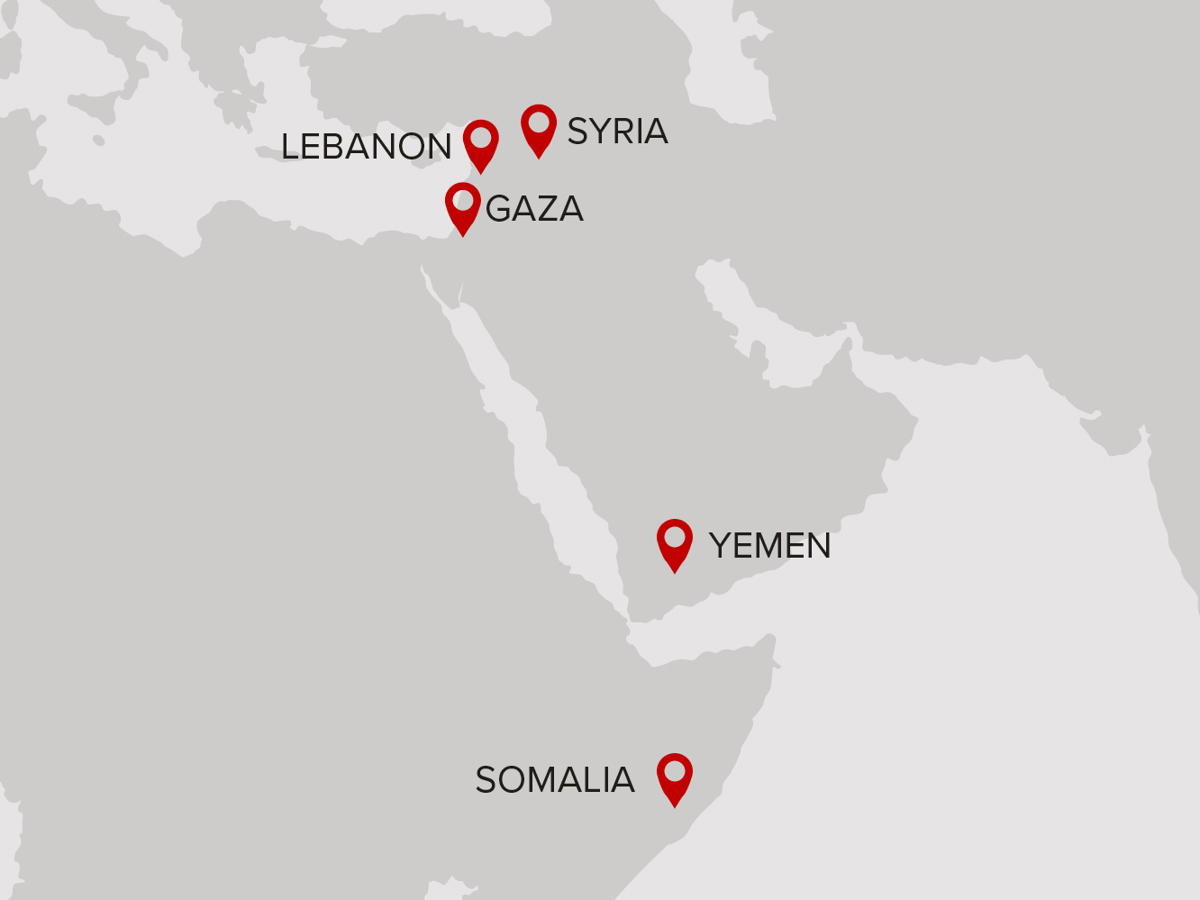
Our Water Projects
Donate Now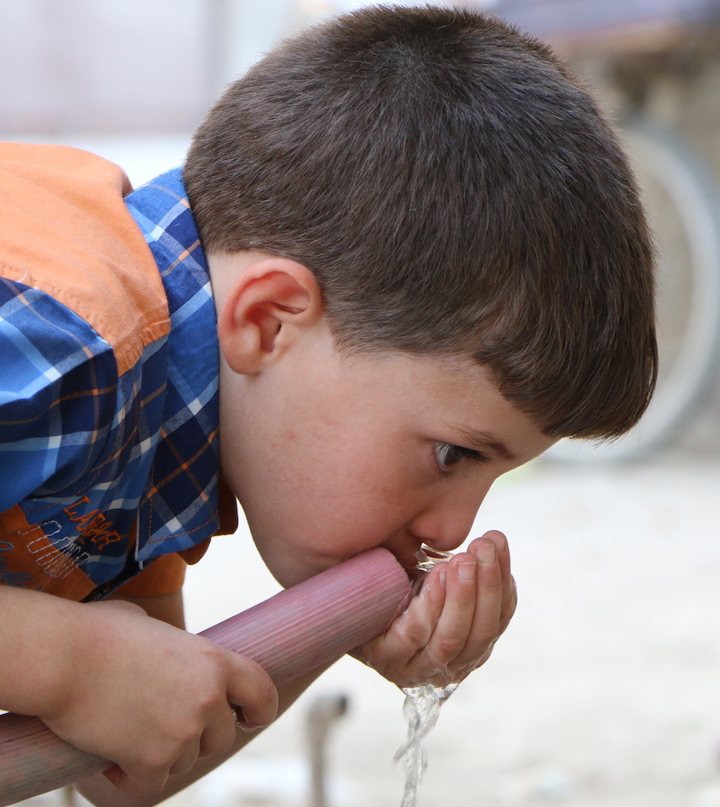
Support clean water for all
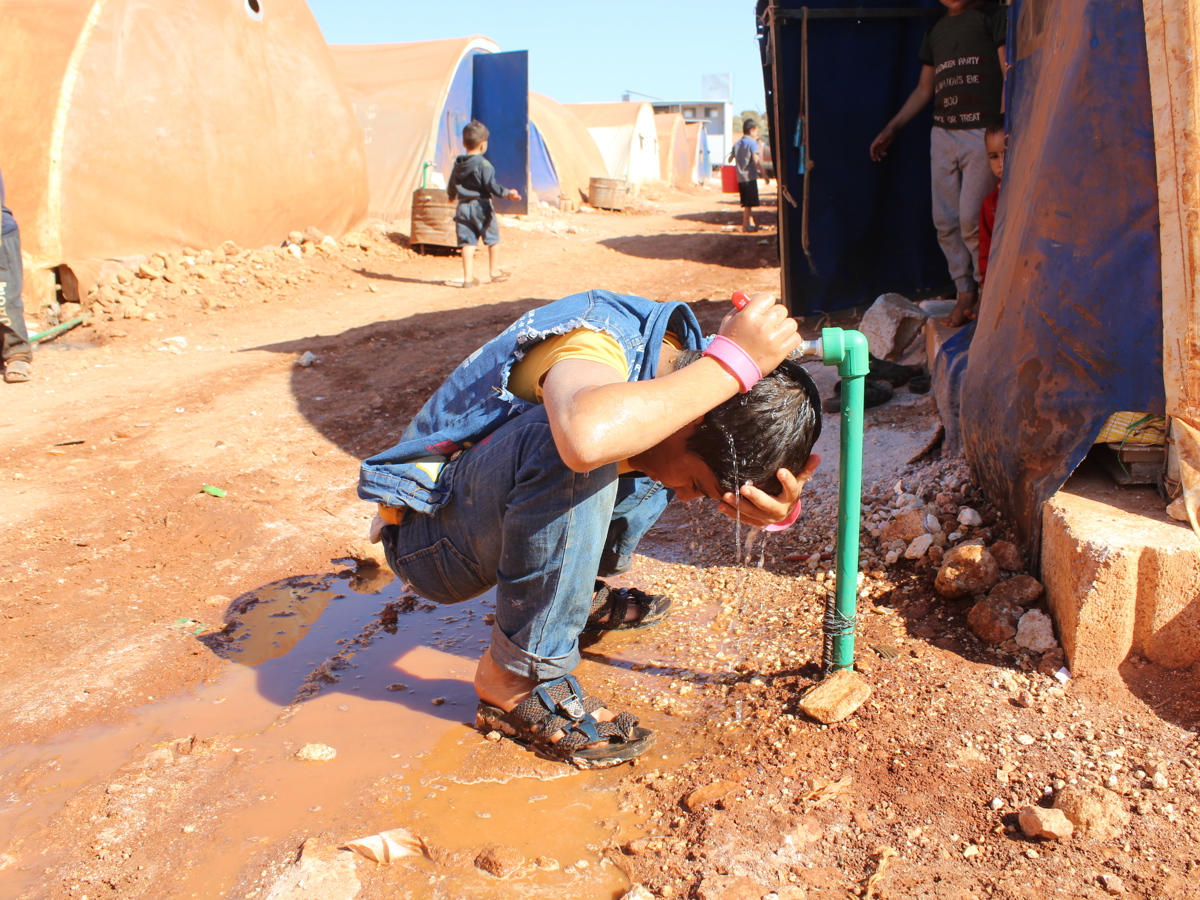
Water Stations in Syria
Water supply systems in Syria have been devastated by conflict. In Syria, 14.6 million people have been impacted by the crisis and require regular access to water. Drinking dirty water is one of the most common causes of death in the developing world despite being one of the most preventable. Safe drinking water helps some of the most desperate families to break free from poverty and illness.
Water is vital for drinking, cooking, hygiene and farming. With reliable access to water, thousands of lives could be saved each day. Ensuring access to water and sanitation facilities requires us to invest in proper infrastructure and sanitation facilities, as well as spread awareness of water conservation, hygiene, and sustainable usage.
Action For Humanity are supporting water stations in North West Syria with operational materials. We are aiming to reach 40,000 families (about 240,000 individuals) on a daily basis for six consecutive months.
Donate Now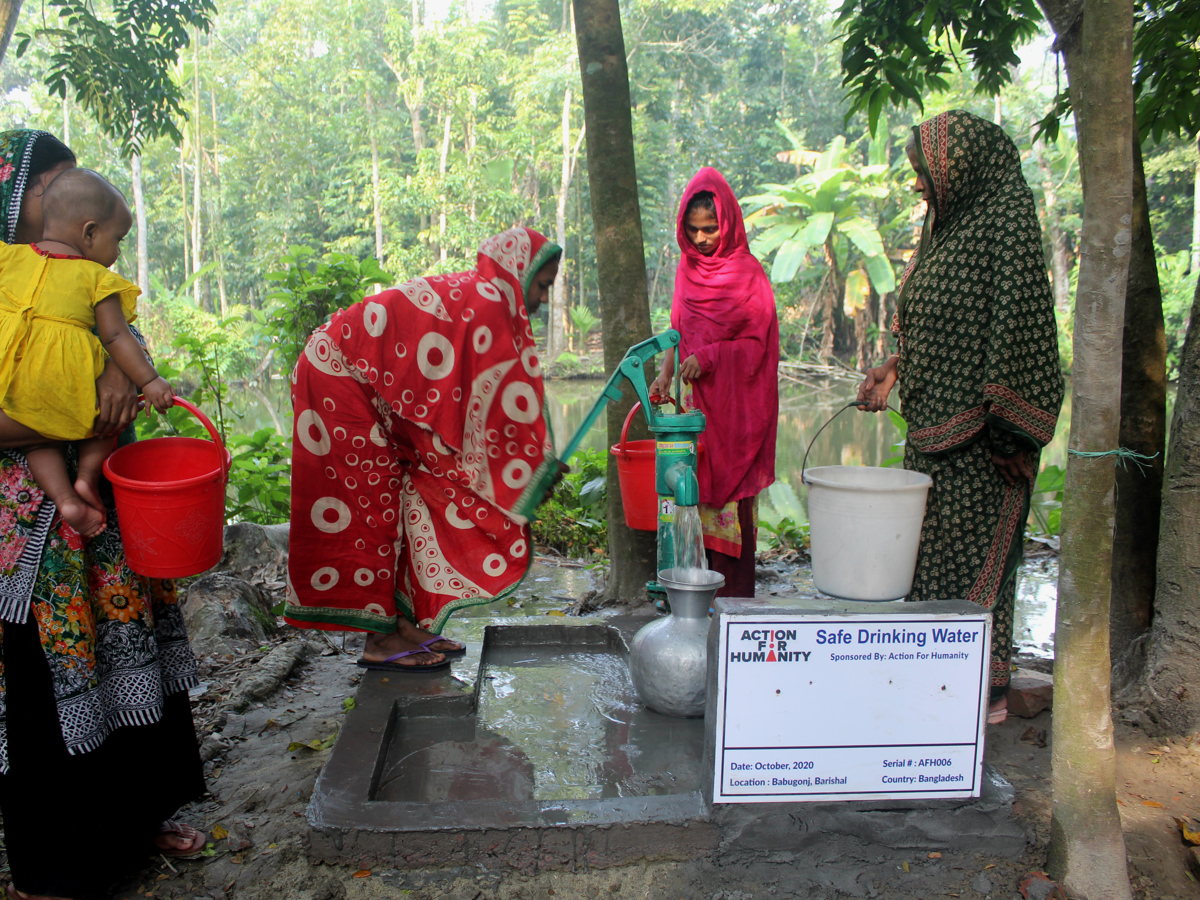
Water Wells for Rohingya Refugees
Cox Bazar, Bangladesh
In 2017, an exodus of Rohingya Muslims from Myanmar led to 1.3 million refugees arriving in neighbouring Bangladesh. Action For Humanity responded with immediate emergency aid followed by the implementation of longer-term programmes. At the heart of this is the provision of clean and safe water for drinking and domestic use.
Action For Humanity are digging water wells in Bangladesh for the Rohingya Refugees. The extracted water will be channelled to 50 refugee tents through water pipelines, helping more than 150 people.
Donate Now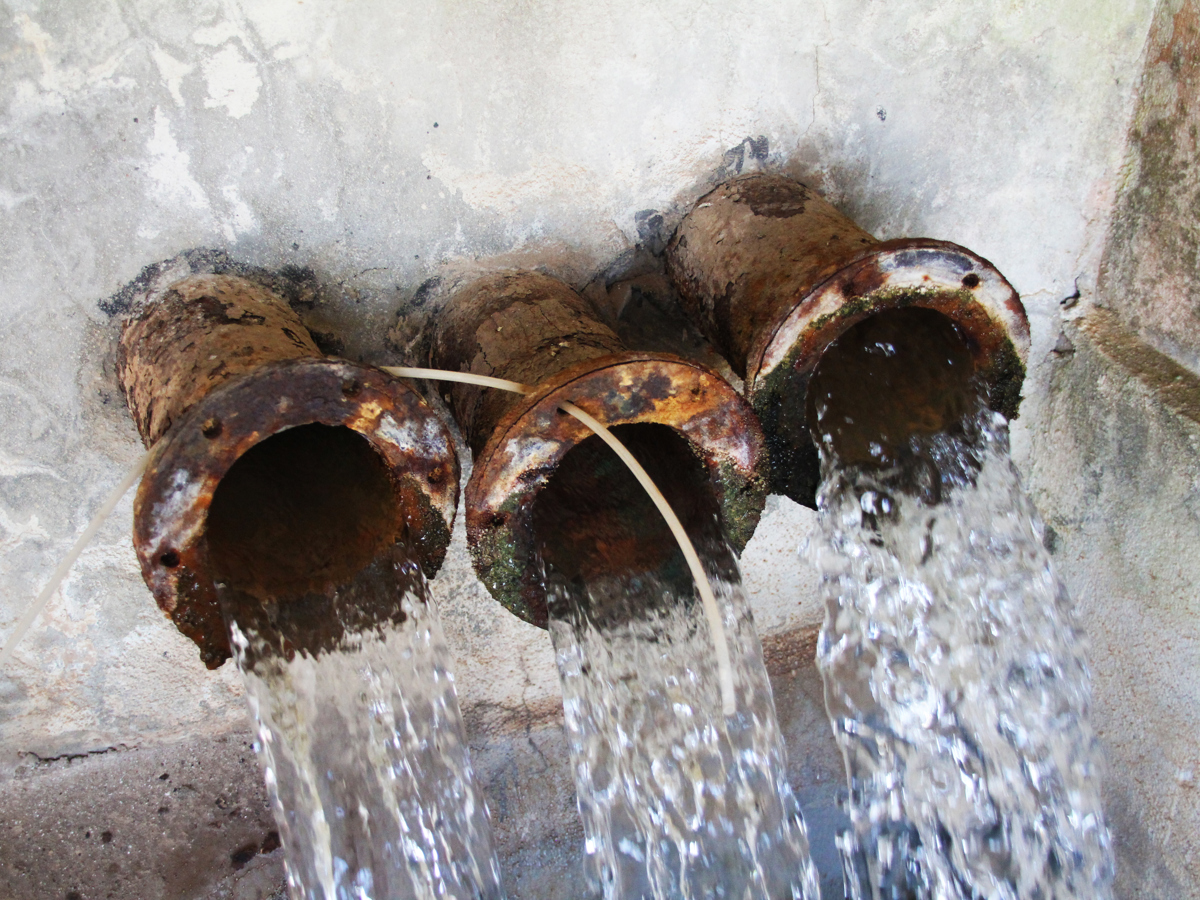
Sustainable Well Rehabilitation
Yemen
18 million people in Yemen also need water, sanitation and hygiene assistance. Drinking dirty water is one of the most common causes of death in the developing world despite being one of the most preventable. Action For Humanity's water well rehabilitation project aims to provide more than 5,600 people with critical access to safe drinking water in the Tuban district, Hrran village, through the rehabilitation of a major water source and increasing sustainability through the provision of solar power. The project will also address gaps in WASH through social behaviour change and community mobilisation. The need has been shared by the community and local authorities with AFH staff and was highlighted in recent partners’ reports.
The Hrran water source has been consistently reducing its output due to the lack of maintenance and fuel, and it requires a new water pump and solar power to function properly and meet people’s needs. The increased numbers of IDPs added to the problem and addressing this issue is becoming more critical by the day.
Donate Now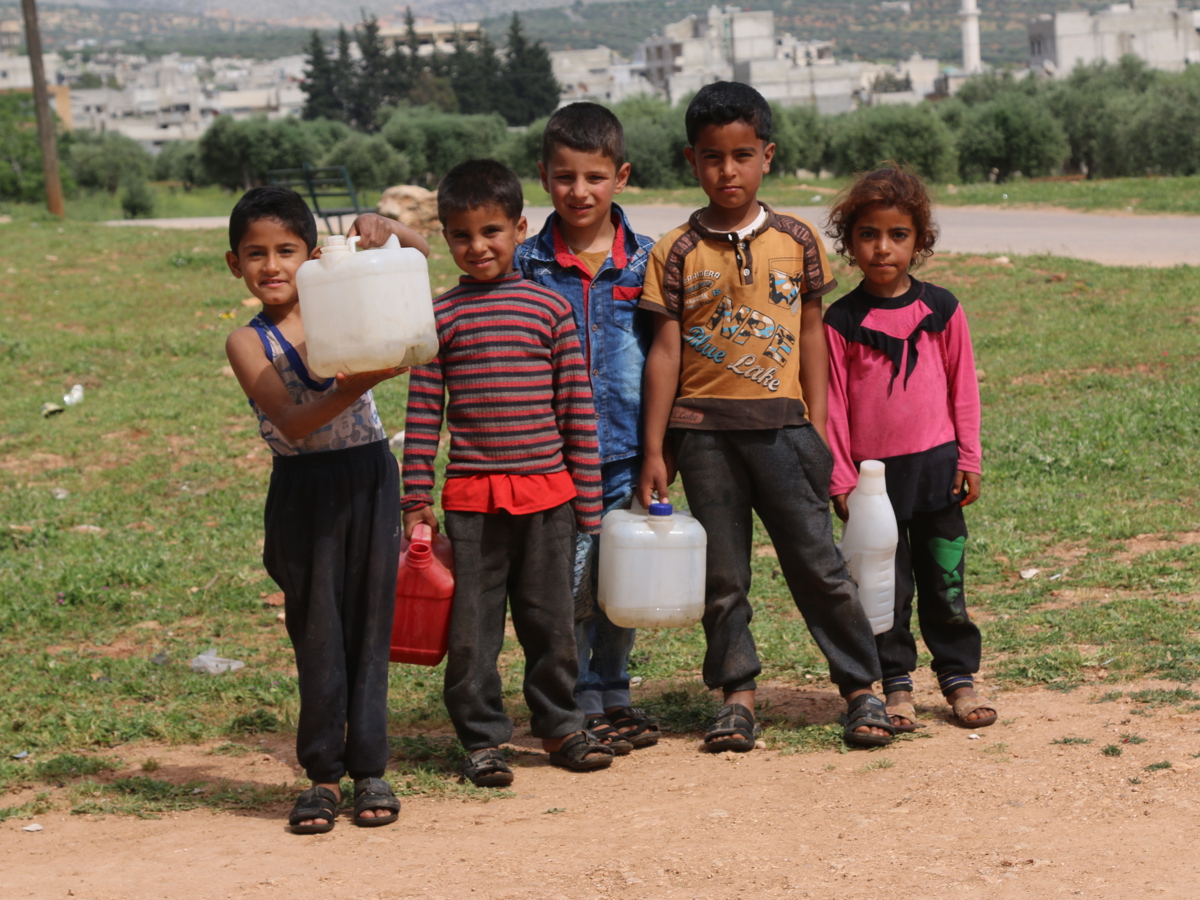
Solar Powered Water Wells
Pakistan
Water is a basic necessity; it is unimaginable to live without water. In the context of Pakistan, families living especially in the far-flung areas have to travel in the to fetch water. In most of the cases it is the women, adolescent girls and children who are assigned the responsibility of collecting water for the whole family. This not only affects the health of the women and girls but the attendance of children in schools is badly affected too. Tharparkar is one such area located in the Sindh Province of Pakistan where majority of the villages do not have access to clean drinking water.
By providing an accessible water source, time and effort used in walking long distances to fetch water are no longer required. Access to clean water, further reduces the risk of disease and contamination. This results in better health as well as increased attendance of children in the school. AFH proposes to build solar powered water wells in 6 locations in District Tharparkar. Powered by the sun’s energy, one solar-powered water well can provide a sustainable source of water for a whole village. Solar water wells are automated through an internal motor that is powered via the sun’s solar energy.
Donate Now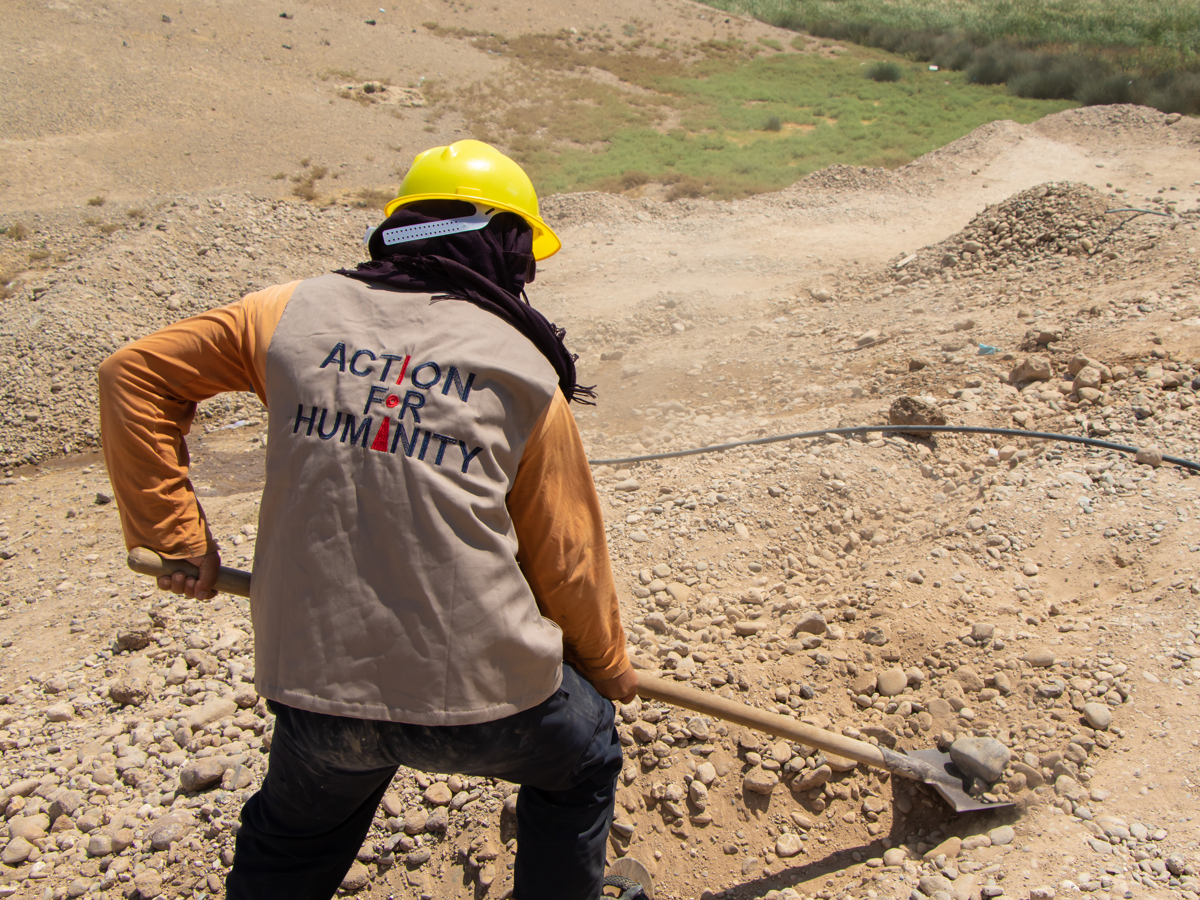
Construct A Solar Powered Water Well
Somalia
Water scarcity and sanitation is a huge issue in Somalia, with nearly all rural communities using unprotected water sources. These ponds, open shallow wells and rivers are used by humans and animals alike and along with poor sanitation can spread waterborne diseases such as cholera.
Furthermore, access to clean water is only getting harder as Somalia is badly affected by flooding and drought. In drought-affected areas of Somalia, women must walk miles to find water, risking violence or animal attack, in order to sustain their families and animals. They do this with the knowledge that the dirty water they have collected may well make their children very ill.
The building of a solar well will allow the Baidoa villages in Somalia to harness its most abundant resource of sunlight to provide clean water. The construction of a 100m deep solar well with two taps will provide 30,000 litres of clean water for domestic drinking, cooking, and laundry for the 500 inhabitants of the Baidoa villages. Not only will this allow people access to the water they need and contribute to making waterborne diseases a thing of the past, it will free up the time of women and children for work, study and play.
Donate NowOUR WORK
